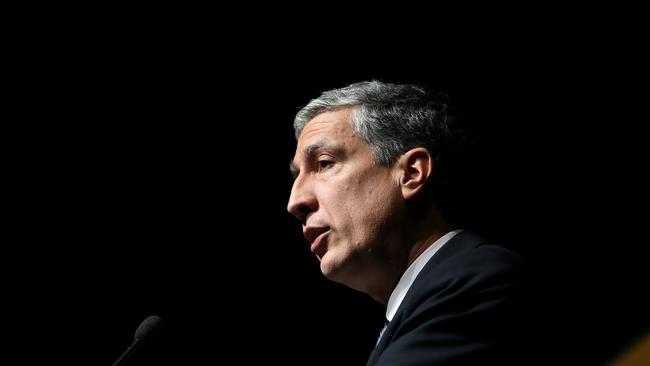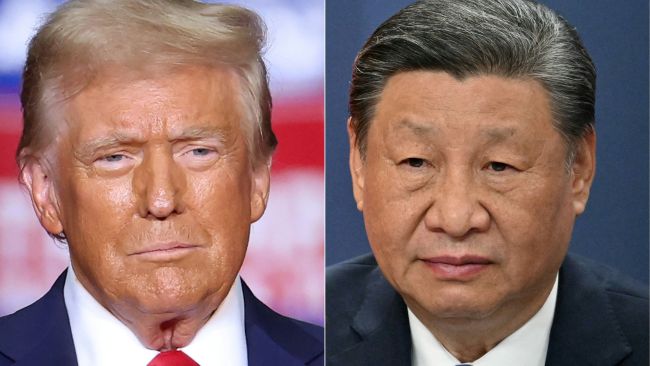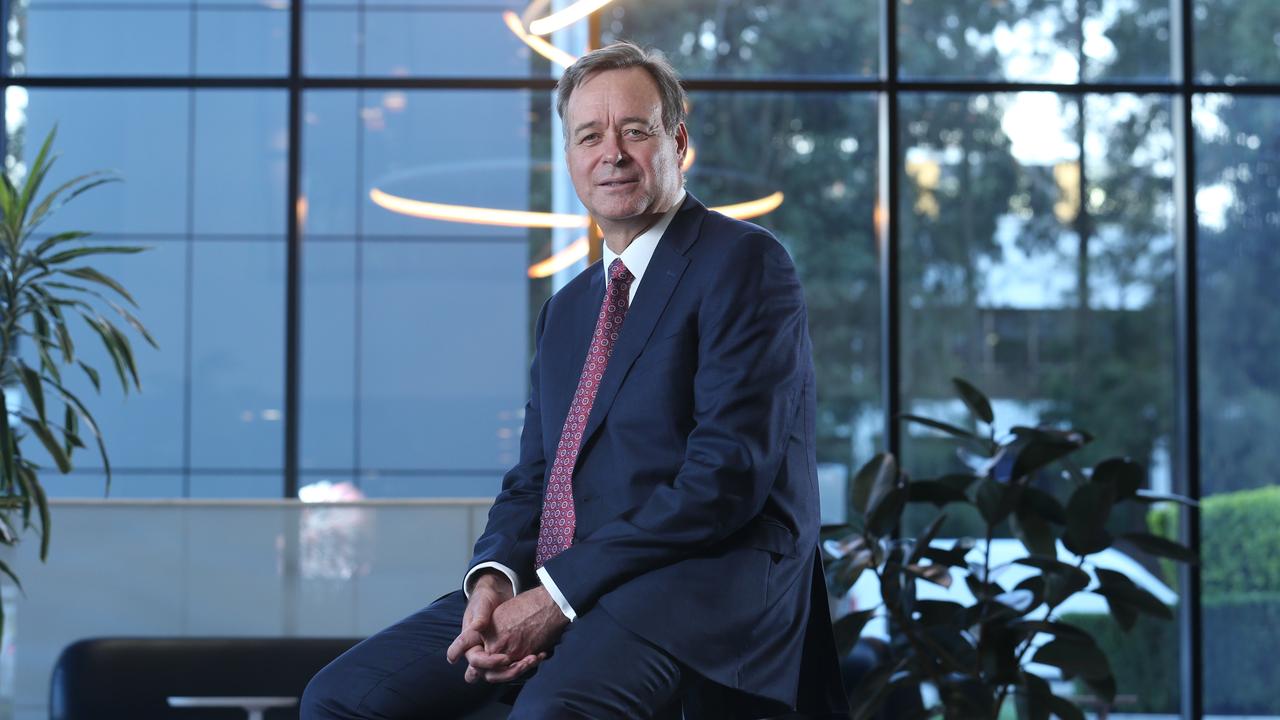Orica chief calls for tax overhaul but warns of blindly following US model
Orica’s Alberto Calderon has warned that growth will slow unless the tax system is fixed but says we can’t blindly copy US.

Orica chief executive Alberto Calderon says the nation’s tax regime needs changing to spur more private investment if Australia is to continue its long run of growth as mining and housing slow.
But the head of the explosives maker (ORI), who is a Yale-trained economist, said across-the-board tax cuts may not be the best way to spur investment because of the nation’s franking credit system.
“Under the current tax and regulatory environment, it is difficult to see how business investment is going to fill the void left by the mining and housing sectors,” Mr Calderon told a Melbourne Mining Club lunch today.
“We need a tax environment that is conducive to growth and is competitive relative to the countries against which we compete for capital ... doing nothing will in time — maybe not next year but certainly in the near future — without a doubt, lead to very low levels of growth.”
He said Australia should not blindly follow the US tax strategy without a lot more discussion on how to best spur growth.
This was partly because Australia’s tax system makes it less certain that tax cuts would mean increased investment, higher wages and more jobs.
“If we simply pass on any tax cut to shareholders through increased dividends instead of financing new investment, the benefit to the investor is offset by reduced franking credits,” Mr Calderon said.
“The impact would also be particularly relevant for retirees whose income projections rely on the imputation credits at 30 per cent.”
— Orica (@OricaLimited) February 8, 2018
He said targeted incentives to promote new plants and factories, equipment purchases and technology development could be a complementary alternative to across the board cuts.
“This could be achieved by improving the Australian research and development incentive, introducing better capital allowances either directly or through accelerated depreciation, or targeted reductions in tax rates for capital intensive or high technology manufacturing,” he said.
“A tax environment that incentivises investment will benefit all Australians through job creation, increased wages and improved living standards in the long term.”






To join the conversation, please log in. Don't have an account? Register
Join the conversation, you are commenting as Logout